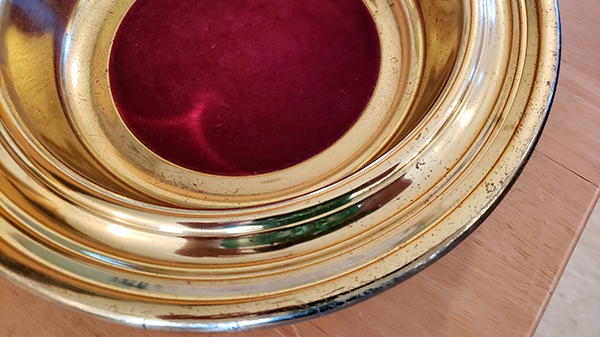On the surface, House Bill (HB) 363 and Senate Bill (SB) 135 appear to be typical electronic bingo gambling expansion bills — this time, the target is Greene County. And even though the companion bills have moved quickly through their respective committees, legal experts say the bills have statewide implications and would violate the Alabama constitution, if passed.
One problem, according to Bryan Taylor, policy director for Gov. Bob Riley, is the portion of the bills that states, “All laws or parts of laws which conflict with this act are repealed.”
“You can’t pass a local bill that repeals a general law,” Taylor said.
Another problem is the level of power the bill gives the Greene County sheriff.
“These bills say any machine or device that the sheriff determines to be bingo should be legal,” Taylor said. But, according to the county’s constitutional amendment, the sheriff can only “promulgate rules and regulations for the licensing, permitting and operation of bingo games within the county” and “insure compliance with such rules or regulations.”
Eric Johnston, president of and general counsel for the Southeast Law Institute in Birmingham, which deals with moral issues affecting public policy in the state, said the bills expand bingo beyond what the original amendment allows.
Still he believes the “most objectionable” feature of the bills is the power legislators would give themselves to pass a bill that oversteps a constitutional amendment.
“If the Legislature wants to expand bingo operations in Greene County, it must do so by constitutional amendment,” Johnston said. “Only a proper vote of the people can do this. There is no other alternative.”
Taylor believes lawyers and supporters of the bills are not naïve about the differences between the constitutional amendment and what these bills propose to do.
“They know the law,” he said. “They know that what they are doing is illegal. … Don’t be fooled by what they say.”
Both bills are pending discussion and votes in the House and Senate.
The concern over whether these bills should really be labeled as “local legislation” surfaced specifically in the House the last week of February when HB 363 was called up on the House calendar to be discussed.
Rep. Arthur Payne, R-Trussville, said the House rules specify that all gambling-related bills have to be general bills, even though the Senate doesn’t have this same rule.
“They are trying to pass it as a local bill, but I stopped it when it came up because it is supposed to be a general bill,” he said. “I knew the number and started hollering when it was called.
“If you legalize it anywhere, then you open it up for the state, especially the Indians,” he said.





Share with others: